During a webinar organized by the Brazilian Association of Metallurgy, Materials and Mining (ABM) on the prospects for the green steel market, participants discussed the potential price premiums associated with green steel.
It was suggested that these premiums are likely to be influenced by carbon market prices. Premiums paid for green steel products in the future could help finance the implementation of new technologies by steel mills to achieve carbon-neutral steel production. According to some participants, government financing or subsidies may still be necessary to ensure the cost-effective production of green steel, especially to cover the cost of natural gas in Brazil.
Guilherme Abreu, general manager of sustainability at ArcelorMittal Brasil, explained that green steel premiums will be determined by market demand. He emphasized that if premiums were set too high, this could lead to inflationary effects, but that a balance could be reached over time.
One of the challenges highlighted by Abreu is the different functioning of carbon markets in various countries. While the Brazilian government has already proposed the establishment of a formal carbon market, the country currently has a thriving voluntary carbon market focusing on forests and forestry plans.
Sandro Raposo, director of sustainability and new business at Aço Verde Brasil, a carbon-neutral steel producer in the state of Maranhao, noted that green steel will have a higher market price due to increased production costs. While there is currently no official premium for green steel, deals are being struck with customers, reflecting the small and fragmented nature of the green steel market in Brazil. Raposo explained that pricing will be influenced by carbon market regulations, including the EU's Carbon Limit Adjustment Mechanism, which is scheduled to come into force in 2030. Raposo emphasized the need for additional public policies to support the growth of green steel production in Brazil, where favorable conditions exist for its viability.
Raposo underlined Brazil's advantages as a location for green steel production, mainly due to the high proportion of renewable energy in the overall energy network, which exceeds the global average. He noted that many companies are moving their production to Brazil as part of a quiet industrial evolution.
According to Luiz Nagata, CEO of Brazilian carbon-neutral pig iron producer Vetorial Siderurgia, which supplies Japanese steelmakers, government policies supporting green steel production in Brazil are needed, including addressing costs associated with natural gas. However, international banks are more willing than Brazilian institutions to provide financing for green pig iron exports.


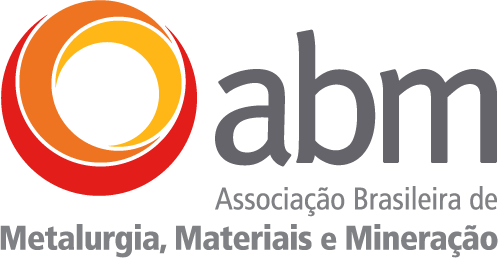


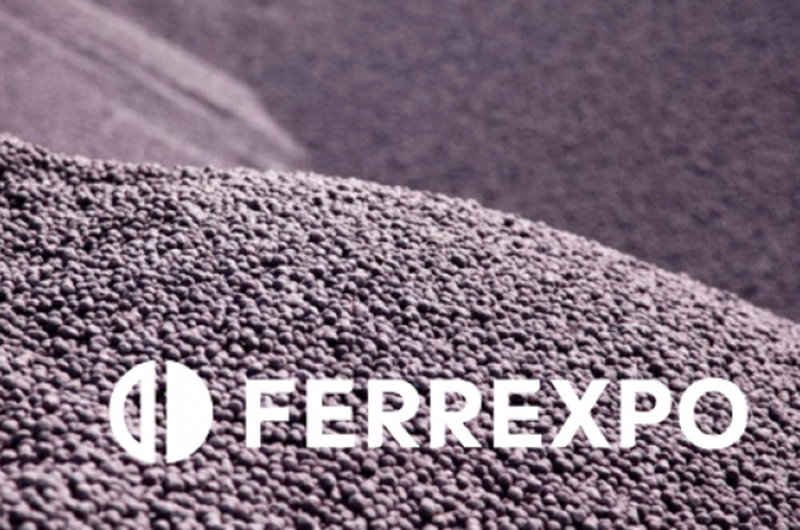
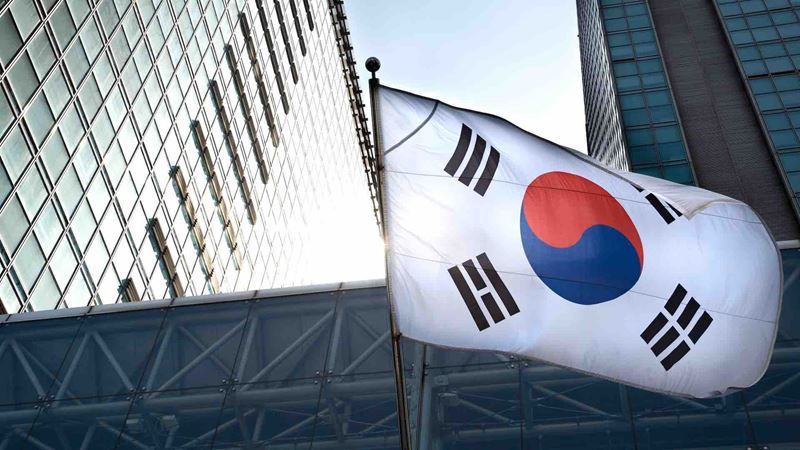
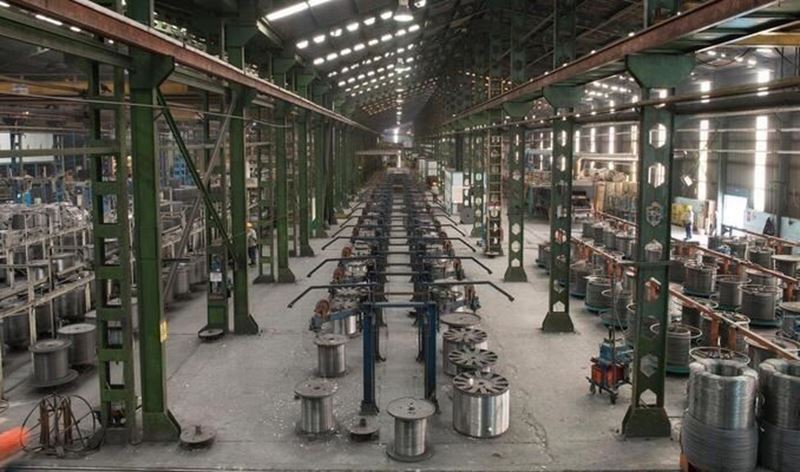
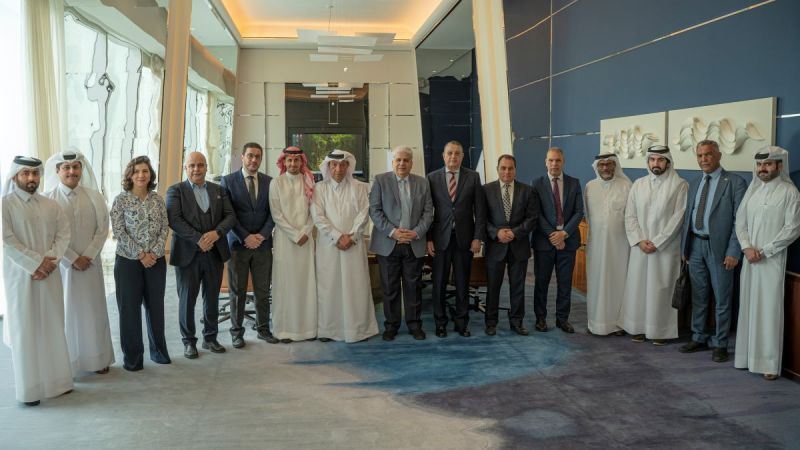


Comments
No comment yet.